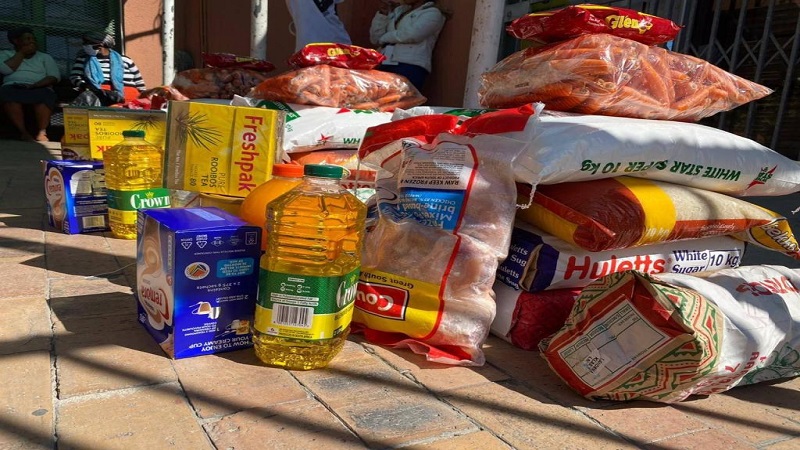As the world come to grips with the Covid-19 pandemic and its adverse effects, many families in low-income households have noticed a steep price hike on everyday grocery items even while many have faced retrenchment packages or been unfairly dismissed.
Programme Coordinator at the Pietermaritzburg Economic Justice and Dignity Group, Mervyn Abrahams said that since the beginning of March a basket of 38 food items has increased up by 8.2%.
“The spike we have seen since the beginning of the lockdown has amounted to R 265.00 on a single food basket,” said Abrahams.
Below is a list of food staples and how they have increased over the last four months:
- Rice has increased by R22
- Sugar beans has increased by R15
- Onions has increased by R32
- Cooking oil has increased by R10
“We’ve seen chicken increase; we have seen tomatoes increase. The list just goes on and on,” said Abrahams.
However, Abrahams stated at least for now there is constancy within the prices.
“One of the good signs though is that food prices are beginning to stabilize. It’s gone up quite high and it’s not coming down but we are certain that the price has steadied,” added Abrahams.
However, what is even more concerning is the steep price in taxi fare and electricity increases.
“There is a very small group of South Africans that are not affected by the increase of prices,” said Abrahams.
Abrahams said with many people finding themselves at home during the nationwide lockdown there has been a competition between buying food and detergents in the average household.
“Both food and detergents ordinarily come out of the same budget, so what people are experiencing now is a battle of costs between cleaning products and the rise in food items,” stated Abrahams.
Abrahams said it is unfortunate that many citizens would like to maintain healthy eating especially during the pandemic, but prices would not allow them to do that.
“Households will have to make a choice but and the saddest thing is that the choice we make is usually not the best choice because we tend to choose the food that makes us feel fuller for longer whether it is in our bodies best interest or not,” stated Abrahams.
Abrahams said that the wages of citizens in the country are far too low to allow them to have a full nutritious meal daily.
“Our basket increased by 8.8% in three months but the national wage increase is 3.8%, so there is no correlation of wage increase and that of food,” said Abrahams matter-of-factly.
VOC






 WhatsApp us
WhatsApp us 

